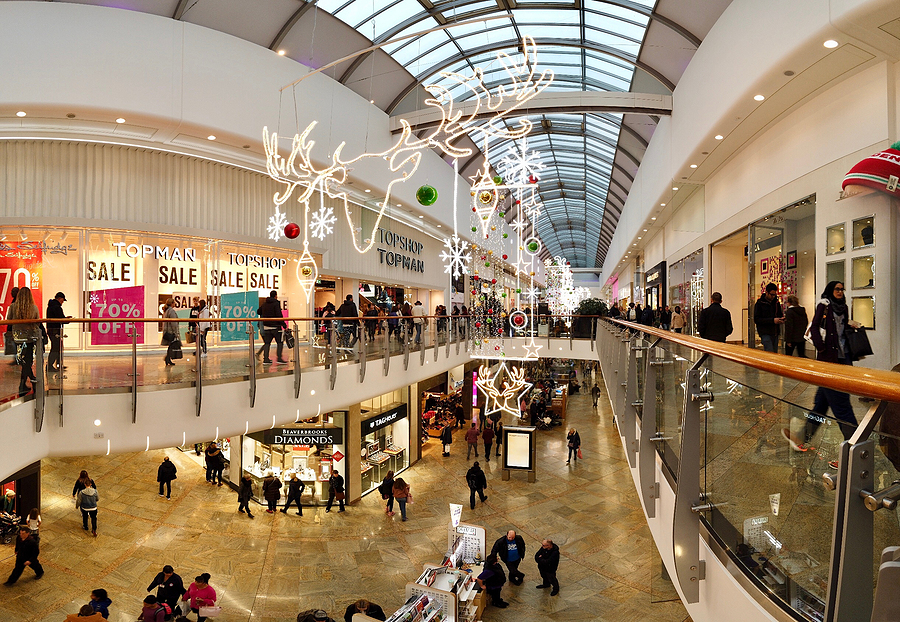The upcoming year will see several transformations to the world of retail as the solutions to the challenges of the past few years meet a consumer base that has changed significantly over the past few years.
Whilst most changes to retail and retail maintenance will focus on using advanced technology to entice customers and ensuring that technology is robust and continues to function well, another change is to the mentality of the average consumer.
The idea of the conscious consumer is not entirely new, as there have always been people who have tried to follow the principles of shopping locally, choosing businesses that make a positive impact and making lifestyle changes since at least the 1970s.
However, over the past five years, in particular, sustainability has been a significant priority to a wider demographic of consumers, and more people are making their purchasing decisions based on their ethical impact.
As a result, many business sectors need to evolve to meet this ecologically and ethically conscious need or risk being left behind.
Here are some top tips to help add sustainability to your retail business.
Less Is More
The trend for more disposable lifestyles built upon buying cheap items and replacing them rather than repairing, recycling or repurposing them has been reversing, and to take full advantage of this, a business should aim to sell higher quality products made from more sustainable materials.
Exactly what shape this will take will depend on the business sector in question, but in the fashion industry, there have already been sweeping changes away from fast fashion and towards more natural textiles and higher quality garments that are taken better care of.
Some food shops have embraced using less packaging or selling items by weight using reusable packaging.
Embrace Re-commerce
For conscious consumers, pre-loved is a highly appealing way to buy items that are high quality, long-lasting and have little to no extra environmental impact.
This is why several companies have added some form of re-commerce to their stores, from the ability to rent, buying refurbished or recycled items and offering imperfect items as a platform to be either repaired or repurposed.
Be Authentic Or Don’t Bother
The modern conscious consumer is very astute and aware when a shop authentically shares their ethical values and when they are simply doing so as a marketing tactic or to hide less ethical business practices.
Customers have gotten ever more adept at spotting greenwashing and telltale signs that a company is not being authentic about its sustainability principles and will stay away.



